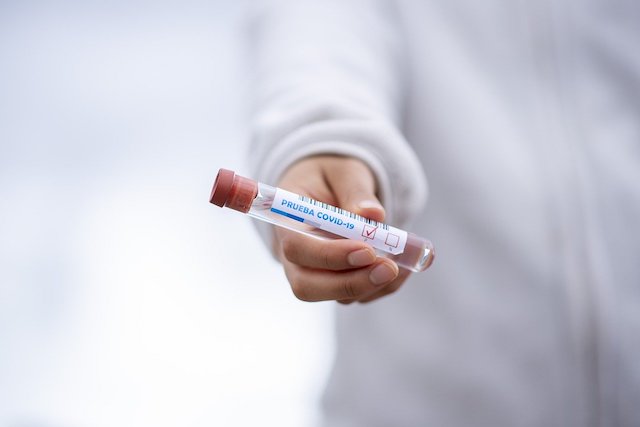A French laboratory has developed a blood test that is capable of determining a person’s level of immunity after contracting Covid-19. The test is being hailed as a “precious tool” in the lifting of lockdown measures.
The Pasteur-TheraVectys vaccinology laboratory near Paris revealed the existence of the new test in an interview with Liberation on Monday. It is the first to actually identify the degree of immunity in patients who have been cured of Covid-19, as well as anyone who may have been in contact with the virus, such as nurses, relatives of infected people, and supermarket workers.
Unlike existing serological tests, which only detect the presence of antibodies developed after an infection with the coronavirus, the new test created by virologist Pierre Charneau “provides information on the effectiveness of the antibodies” by classifying the degree of immunity into three categories: strong neutralising, weak and non-neutralising.
“The presence of antibodies does not allow us to say whether or not we are protected against a new infection by the coronavirus,” said Dr Charneau. “We have developed a ‘sero-neutralisation’ test which detects antibodies but above all which measures their ability to inhibit the entry of the virus into a cell. This test therefore provides information on the effectiveness of antibodies.”
The World Health Organisation (WHO) says there is currently no evidence that people who have recovered from Covid-19 and have antibodies are protected from a second infection. Their main fear is that people will assume that they are immune to a second infection because they have received a positive test and ignore public health advice.
If the new test is given the green light by the French National Authority for Health, which seeks a reliability of at least 98%, Pierre Charneau says it can be rolled out quickly.
“We have in stock all the reagents necessary to produce several hundred thousand,” he said. “And a single machine from the Institut Pasteur is enough to analyse 50,000 to 100,000 samples per week.”
The aim would be to mobilise laboratories throughout the country to analyse the blood tests with a waiting period of two days. Those at high risk would again be first in line to receive the tests.
Photo: Pixabay
New test determines level of immunity to Covid-19
